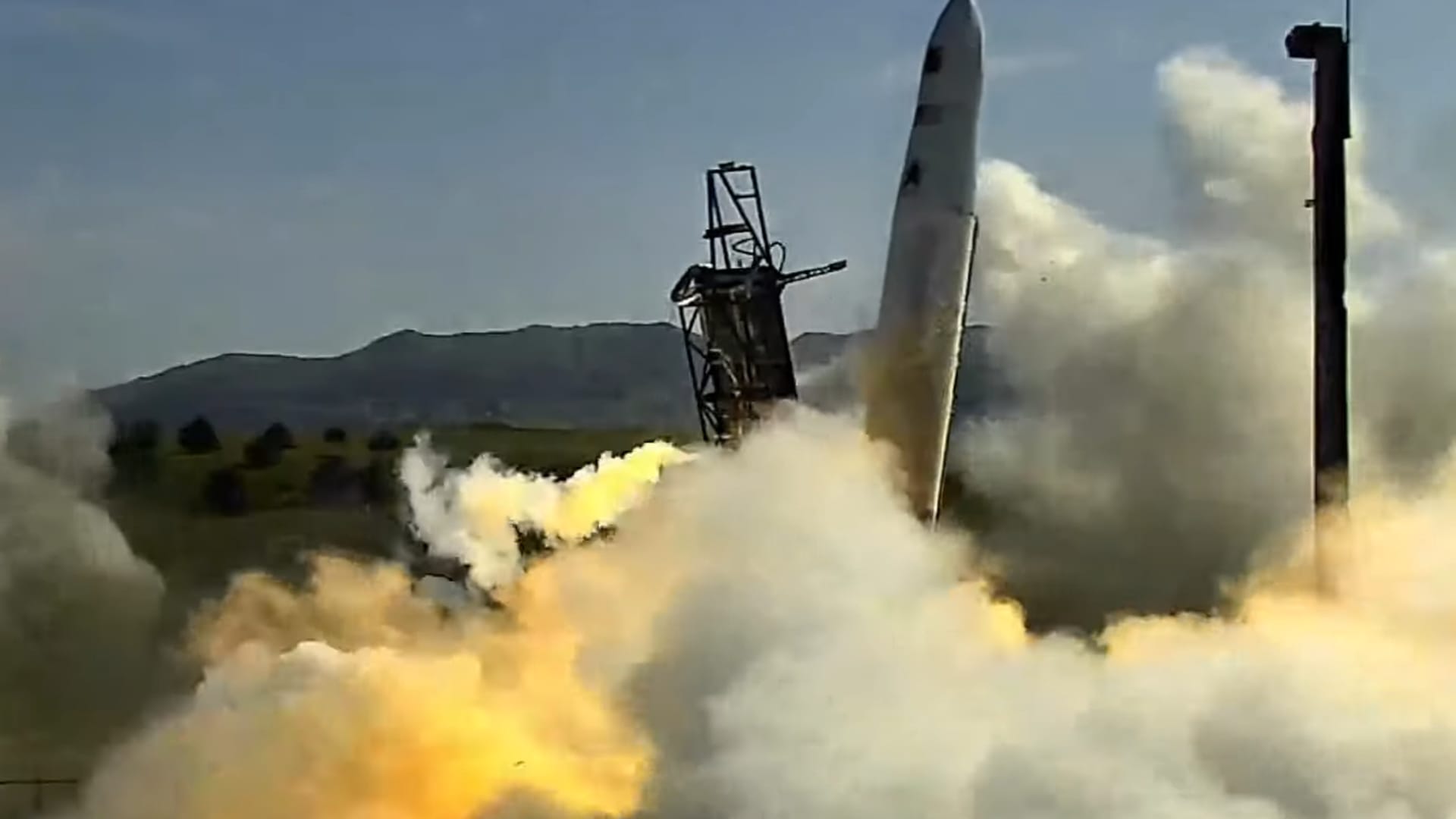Rocket LV0006 tilts during liftoff.
Astra / NASASpaceflight
Space company Astra will go private in a cut-rate deal with its founders after a dismal run as a publicly-traded stock.
Astra co-founders Chris Kemp and Adam London – CEO and CTO, respectively – signed an agreement with the company’s board to acquire all outstanding common stock at 50 cents a share. The deal is expected to close in the second quarter.
A special committee of the board, with Kemp and London abstaining, voted in favor of the take-private plan. After the founders last month cut their offer from $1.50 a share to 50 cents, the board’s committee emphasized it believed the deal was “the only alternative” to filing for Chapter 7 bankruptcy.
Astra’s stock, halted at 85 cents a share near the time of the announcement, closed at 58 cents a share Thursday.
The company’s market value is about $13 million at current levels, a sliver of the $2.6 billion equity valuation it went public at via a SPAC three years ago.
Sign up here to receive weekly editions of CNBC’s Investing in Space newsletter.
The San Francisco-area company, incorporated in 2016, once aimed to mass produce small rockets and conduct launches as often as daily.
Since its stock debut, Astra’s rockets reached orbit twice – but the company also suffered three launch failures.
An Astra Spacecraft Engine during testing.
Astra
Its rocket-launching business has been on hiatus since a June 2022 mission failure. Despite acquiring a spacecraft propulsion business, the company was unable able to drive meaningful quarterly revenue and conducted layoffs last year in a bid to survive.
The company recorded more than $750 million in net losses since announcing it would go public.


